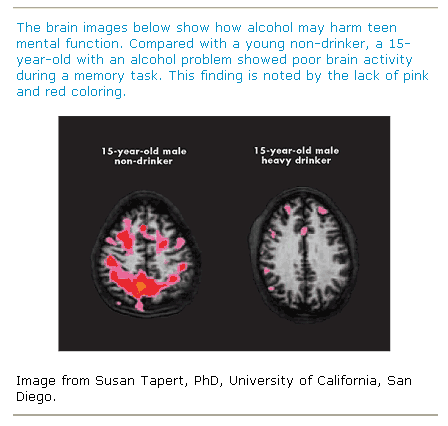Excessive consumption of alcohol has considerable negative effects on an individual and collectively as a society. Many road accidents recorded throughout the world and over the past decade have been caused by careless drivers who are under the influence of alcohol. Other intoxication risks are fire injuries, suicides, as well as child abuse cases. This is why most countries institute laws against driving “under the influence.”
Social Impact:
Apart from intoxication risks, excessive consumption of alcohol leads to many social problems including the spread of sexually transmitted infections (STI), divorce, domestic violence and infidelity. Alcohol’s negative impact on society can be classified as short term and long term effects and varies depending on an individual’s age, drinking experience, weight, type of alcohol consumed, among other factors.
Effects on the Body:
Immediately after consuming alcohol beyond your tolerance level, you will experience impaired vision, nausea, poor judgment, and impaired body coordination. Loss of memory is an all too common and dangerous response to drinking, especially when done among strangers. Alcohol decreases circulation by constricting blood vessels, and is another reason for diabetics to stay away from the bottle.
Diseases Linked to Alcohol
Diseases Linked to Alcohol
Fatal diseases have been linked to prolonged alcohol consumption. Brain damage for instance can occur as a result of excessive drinking leading to loss of memory, unconsciousness, impaired vision and speech. If you have any of these symptoms you should visit your doctor who may carry out a MRI scan to see if there is any long term damage done. In addition to that, one can also suffer from high blood pressure, stroke, liver cirrhosis or cancer.
Men vs. Women’s Response to Alcohol:
Men who consume alcohol on a regular basis suffer from sexual impotence or low sex libido. For women, inebriation is closely associated with illicit sexual behavior and multiple sexual partners. If a woman drinks too much alcohol during pregnancy they end up exposing their child to lung infections such as pneumonia. Expectant women are usually advised to take an ultrasound scan so that the development of the unborn child can be monitored constantly. It is also wrong to drink alcohol when you are breastfeeding because whatever you consume will be present in breast milk.
Quitting Alcohol
Some of the withdrawal symptoms that an individual can be subjected to when quitting alcohol are tremors, nausea, anxiety, migraines, sweating. The worst symptom is depression because it can end up being permanent. It is advisable to seek assistance from a therapist when you start experiencing depression.
To reduce the immediate effects of alcohol, you should never drink on an empty stomach. Ensure that you space your drinks with water to reduce your blood sugar levels and increase blood volume. In addition to that, do not operate any machinery when under the influence of alcohol.

